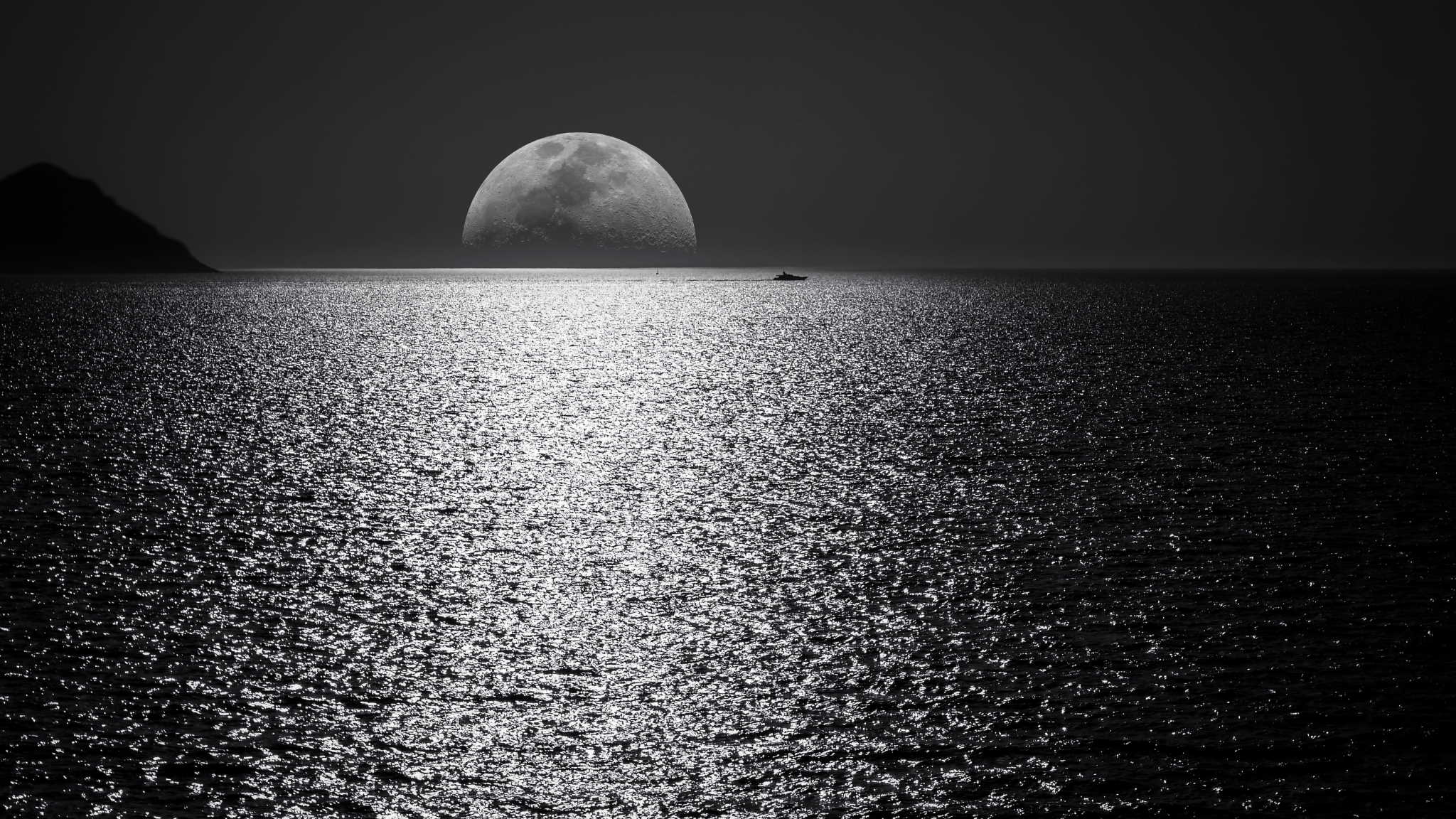For my fiftieth birthday, I asked my wife to take a trip to Berlin.
The last years had been a rollercoaster for both, with much more downs than ups. Paying a visit to a city with such hard memories, but reborn, was nothing less than the perfect place to be when crossing the half-century line.
I felt far from the bells and whistles of life. In a lonely period, I was in search of an authentic form of life, even if maybe a bit late for that train, at least in its entirety.
We approached Berlin with no intention of subtracting us from any aspect that it had to offer.
And, of course, its memories are a large part.
One of our visits was at the Jewish Museum, part of which designed by the starchitect Libeskind, son of Polish Jews and Holocaust survivors.
Actually, it may not be one of the best tributes to history in Berlin. The protagonist was the museum itself, with the experiences it had to offer, not the hosted history. Still, a great place. The offered experiences are a tribute to what countless people had to experience in the past, and a reminder of the hole in the memories of it.
One room is the Holocaust Tower.
It’s not actually a room. It’s a courtyard inside a huge silo, which visually and acoustically separate that space from the rest of the world. Only a slit in its roof, but, as it was evening, darkness was total.
When people cross the heavy door, some noise and light enter. When the door closes, the world is shut out.
Well, it may not seem that much, but that place is something. You can experience void on your skin, with all your senses.
As soon as my wife and I entered, we felt at ease, although aware that that void was a representation of what “can never be exhibited when it comes to Jewish Berlin history: Humanity reduced to ashes.”.
Other people were there, mostly silent.
The moments when it was completely dark, you couldn’t see anything. No walls, no people, no sky, not even your hands.
But we soon noticed that the reaction of the other people pictured clear types.
A common reaction was freezing, stopping, or even stepping back, as soon as they crossed the door, even if the open door was letting light in, and other people were inside. A reaction to something that looks weird, someway different from the comforting “normality”. And some people couldn’t make that innocuous further step. So, they remained on the threshold, not much caring that they were ruining the experience to others by keeping the door open.
A second reaction was talking. They continued talking, defending themselves from silence.
A third one was making light with the smartphone flash.
While in part all understandable, all those behaviors had two things in common. First, they didn’t seem to care much of the others – who were trying to experience a special place of silence, darkness, and memory – nor about the meaning given to that place. A lack of respect particularly emblematic and timeless, in such a place. Also, they protected themselves exactly from what the experience could give to them.
But a minority just stayed.
It was like an invisible line was there, between rejecting the void – or just an odd experience – and accepting it. Someone could cross it, someone could not.
Time passed, people came and went, we moved in different corners of the “room.” At some moments, only a handful of silent people were there. And intense moments flowed.
At some point, nobody remained there. Only my wife and I, for long minutes.
In the total darkness, we knew we were close, and we didn’t move. Just a few words in all that period.
We were perfectly at ease, in the darkness and void, missing nothing. On the contrary, it was like we missed that in life. It was not exactly what that room was intended for. We also felt strongly the other side of that darkness, the remembrance – or the lack of it -. Anyway, we could stay there, and let the void embrace us, whether it brought peace or sympathy.
I’ve always been at ease with silence and loneliness; however, I’ve never been at ease with complete darkness. And my wife is a social type. You probably wouldn’t expect that quiet reaction from her.
Actually, we had a few trips into the darkness of life, in the last years. Part of ourselves is already dead, I’d say. The rest of our self is someway used to that black hole in our subconscious.
But we’re lucky enough to live the other side, unlike those who could not do it, or had to live the whole life in it.
So, at some turn in your life, it can happen that crossing lines feels… natural. Stepping into silence and darkness, at least in some places, doesn’t trigger fear or uneasiness. It triggers peace. It looks familiar.
You can let some extra layers go.
You now know that on the other side of darkness there are both the void and continuation of life, until your last day. A different life, maybe. Not what you imagined. Not what others expect from you.
Unexpected twists. Unexpected gifts.
More truth.
